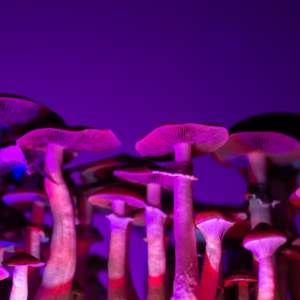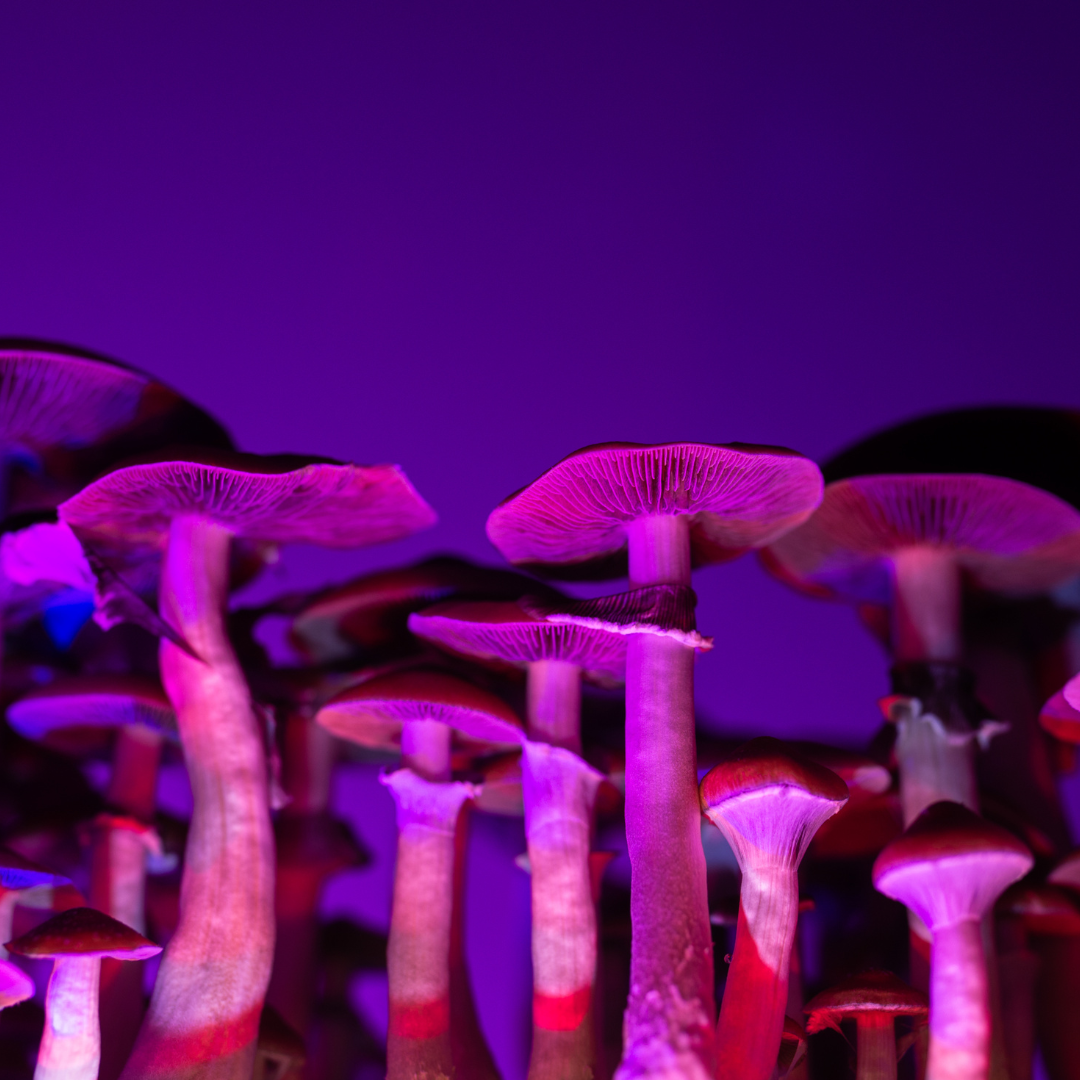 In recent years, there has been a growing interest in the potential benefits of psychedelic substances for mental health treatment and personal growth. As people seek alternatives to traditional pharmaceuticals and therapies, the exploration of these mind-altering substances has gained traction.
In recent years, there has been a growing interest in the potential benefits of psychedelic substances for mental health treatment and personal growth. As people seek alternatives to traditional pharmaceuticals and therapies, the exploration of these mind-altering substances has gained traction.
But where can one legally access these substances for therapeutic or recreational purposes? Enter the concept of legal havens. These are locations where psychedelics, such as psilocybin mushrooms or MDMA, have been decriminalized or allowed for specific medical or research purposes.
This article examines the emerging phenomenon of legal havens and the opportunities they present for individuals interested in exploring psychedelic substances. By highlighting the current legal landscape and discussing key locations where psychedelics are legally accessible, we aim to provide valuable insights for those seeking to embark on their psychedelic journey.
Whether you’re a curious individual considering psychedelic therapy for mental health issues or an adventurer looking to explore the boundaries of consciousness, understanding the legal options available is essential. Join us as we delve into the world of legal psychedelic havens and unlock the possibilities they offer.
Understanding the legal status of psychedelics worldwide
In recent years, there has been a growing interest in the potential benefits of psychedelic substances for mental health treatment and personal growth. As people seek alternatives to traditional pharmaceuticals and therapies, the exploration of these mind-altering substances has gained traction.
But where can one legally access these substances for therapeutic or recreational purposes? Enter the concept of legal havens. These are locations where psychedelics, such as psilocybin mushrooms or MDMA, have been decriminalized or allowed for specific medical or research purposes.
This article examines the emerging phenomenon of legal havens and the opportunities they present for individuals interested in exploring psychedelic substances. By highlighting the current legal landscape and discussing key locations where psychedelics are legally accessible, we aim to provide valuable insights for those seeking to embark on their psychedelic journey.
Whether you’re a curious individual considering psychedelic therapy for mental health issues or an adventurer looking to explore the boundaries of consciousness, understanding the legal options available is essential. Join us as we delve into the world of legal psychedelic havens and unlock the possibilities they offer.
Exploring legal havens for psychedelic research and therapy
The legal status of psychedelic substances varies significantly from country to country and even within different regions of the same country. Some nations have taken progressive steps to decriminalize or legalize certain psychedelics, while others maintain strict prohibitions. Understanding the legal landscape is crucial for anyone interested in exploring these substances’ therapeutic or recreational use.
In the United States, for example, psychedelic substances are classified as Schedule I drugs, which means they are considered to have a high potential for abuse and no accepted medical use. However, there have been recent developments in certain states and cities, such as Oregon and Denver, where psilocybin mushrooms have been decriminalized or allowed for therapeutic use. These legal changes have opened up new possibilities for individuals seeking psychedelic experiences.
In other parts of the world, such as the Netherlands and Portugal, the legal landscape is more lenient regarding certain psychedelic substances. For instance, in the Netherlands, psilocybin truffles are legally available for purchase and consumption in licensed “smart shops.” On the other hand, Portugal has decriminalized the possession and use of all drugs, including psychedelics, focusing on a health-oriented approach rather than criminalization.
These examples highlight the complexity of the legal status of psychedelics worldwide. It is essential to stay informed about the specific regulations in your jurisdiction or the jurisdictions you plan to visit to ensure compliance with the law and to make informed decisions about your psychedelic experiences.
Legal loopholes and regulatory challenges
Legal havens for psychedelic research and therapy are locations where governments or regulatory bodies have created frameworks to allow for the controlled use of psychedelic substances in a medical or research context. These havens provide opportunities for scientists, therapists, and individuals seeking alternative forms of healing to explore the potential benefits of psychedelics in a legal and supervised environment.
One notable legal haven for psychedelic research and therapy is the Multidisciplinary Association for Psychedelic Studies (MAPS) in the United States. MAPS has advocated for the therapeutic use of MDMA, commonly known as ecstasy, in treating post-traumatic stress disorder (PTSD). Through rigorous clinical trials and research, MAPS has made significant progress in demonstrating the efficacy and safety of MDMA-assisted therapy.
Another legal haven is the United Kingdom, where the Imperial College London’s Centre for Psychedelic Research has been conducting groundbreaking studies on the therapeutic potential of psychedelic substances, including psilocybin. Their research has shown promising results in treating depression, anxiety, and addiction, increasing interest in psychedelic-assisted therapy within the medical community.
These legal havens provide a safe and regulated environment for scientists and therapists to explore the potential benefits of psychedelic substances. By conducting rigorous research and clinical trials, they contribute to the growing body of evidence supporting the therapeutic use of psychedelics and pave the way for future advancements in this field.
The benefits of conducting psychedelic research in legal havens
While legal havens offer opportunities for psychedelic research and therapy, navigating the regulatory landscape is challenging. Despite the decriminalization or legalization of certain psychedelics in specific jurisdictions, legal loopholes and regulatory hurdles still limit access and create uncertainties.
One of the challenges is the lack of standardized regulations and guidelines for the therapeutic use of psychedelics. Unlike traditional pharmaceuticals, which undergo extensive testing and regulation before reaching the market, psychedelics face unique regulatory challenges due to their history of prohibition and stigma. This lack of regulatory clarity can create barriers for researchers and therapists interested in exploring psychedelic-assisted therapy.
Furthermore, the international transportation of psychedelics remains a legal gray area. Even if a particular jurisdiction allows for possessing and using psychedelics, crossing international borders with these substances can lead to legal consequences. Traveling to legal havens for psychedelic experiences requires careful planning and understanding of the specific regulations in the departure and destination countries.
These legal loopholes and regulatory challenges highlight the need for continued advocacy and research in psychedelics. By addressing these hurdles, we can ensure safer and more accessible opportunities for individuals interested in exploring the potential benefits of these substances.
Conclusion: Embracing the potential of legal havens for unlocking psychedelic possibilities
Numerous resources and organizations support psychedelic research in legal havens. These entities are crucial in facilitating research, advocacy, and education, advancing the field, and increasing access to psychedelic therapies.
One notable organization is the Multidisciplinary Association for Psychedelic Studies (MAPS). MAPS is dedicated to developing medical, legal, and cultural contexts for people to benefit from the careful uses of psychedelics. They fund research, provide training for therapists, and advocate for policy changes to expand access to psychedelic therapies.
Another valuable resource is the Beckley Foundation, a UK-based organization that conducts and funds research on psychedelic substances. Their research focuses on understanding the therapeutic potential of psychedelics and developing evidence-based approaches for their use. The foundation collaborates with scientists, policymakers, and other organizations to promote evidence-based drug policy reform.
Additionally, the Heffter Research Institute is committed to advancing the field of psychedelic research through rigorous scientific investigation. They support clinical trials and studies on the therapeutic use of psychedelics, aiming to develop safe and effective treatments for mental health conditions.
These organizations and many others provide a wealth of information, resources, and networks for individuals interested in psychedelic research and therapy. By supporting their work, we contribute to the overall growth and development of the field.
How can our Experts Help?
Psychedelics have been utilized for the treatment of illness and spiritual purposes by indigenous peoples for many generations. In recent years, there has been a renewed interest in the medical uses of psychedelics, and clinical trials are being done in Canada and other places worldwide.
Advocates for mental health have been quick to embrace the development, stating that this has the potential to be a game-changer in the way that we treat mental diseases. On the other hand, some detractors are afraid that this would encourage people to self-medicate with psychedelics, which could have negative consequences in the long run. Experts have a better understanding of their usage.
The decision made by the Alberta government to regulate psychedelics for therapeutic purposes is a potentially pioneering move that has the potential to transform the way that mental illness is treated in Canada.
To learn more about Psychedelics in Canada and how to obtain your CDSA Dealers License click here:


